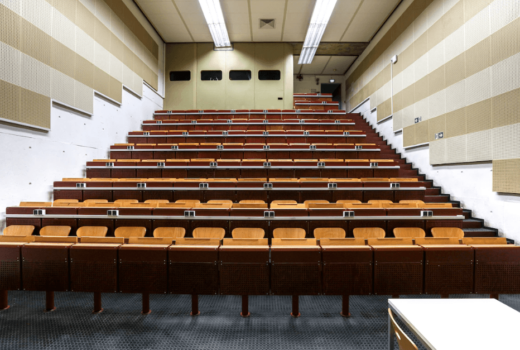Towards an interdisciplinary university

The LERU which is said to present a study on the impact of interdisciplinary research in the spring of 2017, has published a position paper in which it argues for the rethinking of the creation of knowledge. “One way forward is the development of interdisciplinary collaborations whereby disciplines work together to answer research questions and improve understanding of pressing problems in complement to disciplinary research.”
A vision for the 21st century
According to the LERU the last years of the 20th century have seen a policy shift in favour of interdisciplinarity. “Nowadays, interdisciplinary research and education are a major trend in universities and research funding agencies, at (sub)national, European, and international levels.” The LERU welcomes this development but sees that it has not reached its full potential yet.
“Because interdisciplinarity is essential to the creation of new knowledge, the challenge is now to make interdisciplinarity a real force in universities while continuing to build on the strength of the disciplines.” There are great differences in how this step forward could be pursued, LERU sees. “When successful, it can yield important benefits in terms of problem solving and research insights both in fundamental and applied research.”
It is therefore needed to formulate a vision for the 21st century research universities to make “interdisciplinarity count in academic institutions.” This “requires significant levels of investment and commitment within a system primarily built for disciplinarity. Within this agenda, disciplines should remain a central element of the academic system, as they have an unrivalled power to structure and understand the world.”
On the other hand knowledge produced by the disciplines needs to be challenged against to each other, the LERU argues. “Interdisciplinarity is essential to the evolution and constant reconfiguration of the disciplines. As academic disciplines need interdisciplinary research to be dynamic and thriving, interdisciplinary research does not aim to replace but to complement disciplinary research.”
Improve funding
In order to achieve these goals, universities as well as governments need to facilitate, support and manage interdisciplinary research and education in universities. Universities should “create the next generation of interdisciplinary researchers, and promote a culture of interdisciplinarity and continually improve the system.”
Governments should “improve funding of interdisciplinary research in terms of mechanisms and budgets and consolidate the evaluation of interdisciplinary research at all stages of the granting processes by developing and using appropriate criteria and selecting panel members.”
A last task is given by the LERU to academic publishers. “As the academic system is based on the evaluation by peers, academic journals and professional societies also have a responsibility for enabling interdisciplinary research. Progress needs to be made regarding the publication and dissemination of interdisciplinary research.”
Read the full position paper here
Meest Gelezen
Vrouwen houden universiteit draaiende, maar krijgen daarvoor geen waardering
Wederom intimidatie van journalisten door universiteit, nu in Delft
‘Burgerschapsonderwijs moet ook verplicht worden in hbo en wo’
Raad van State: laat taaltoets nog niet gelden voor hbo-opleidingen
Hbo-docent wil wel rolmodel zijn, maar niet eigen moreel kompas opdringen



